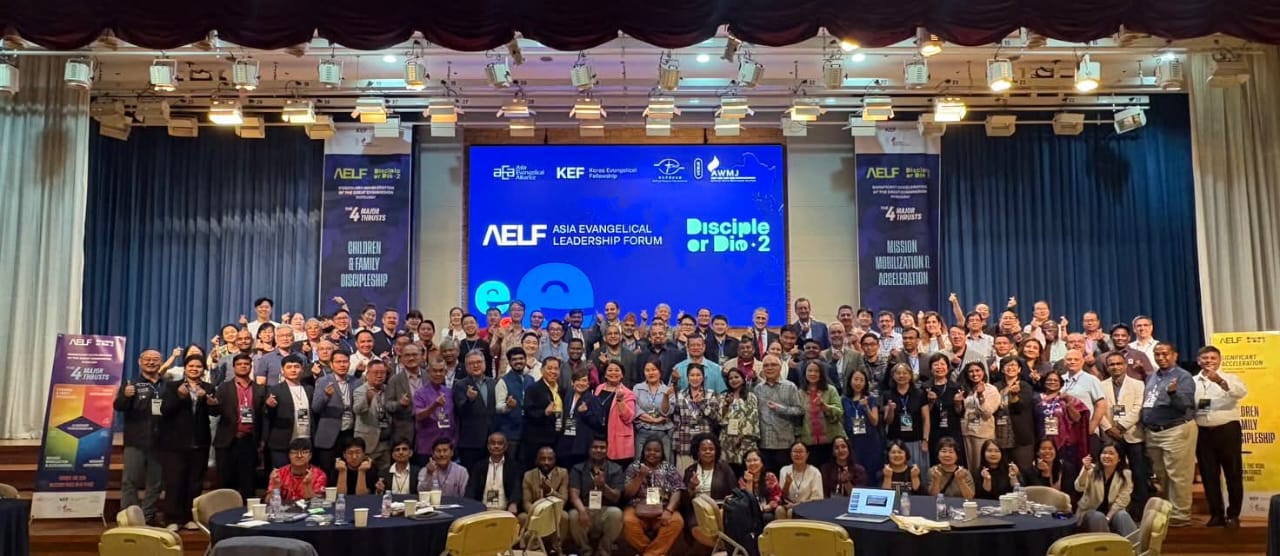The European Commission launched a public consultation on Artificial Intelligence (AI) on February 19, 2020, asking citizens and stakeholders in that field, to provide feedback on the EU White Paper on Artificial Intelligence that was published that same day.
Artificial Intelligence is an important issue for the European Evangelical Alliance (EEA), so that it decided to convene “an interdisciplinary group of experts in the field to formulate an evangelical response to the paper”.
“We do recognise the added value of Artificial Intelligence in certain sectors and situations but not in all. Therefore, it was encouraging to see the emphasis in the EU Whitepaper on trustworthy and human-centred AI”, Arie de Pater, EEA Brussels Representative, points out.
“Any use of AI should honour that we are created in God’s image”
According to the EEA, “although there is an emphasis on ethics, values, and rights, the White Paper does not ground these ethics and values”.
“Throughout the white paper, however, the only value specified is the economic value. We are created in God’s image as moral and relational human beings, responsible and accountable before God. Any use of AI should honour that, both at individual and societal level”, it adds.
After a detailed examination of the white paper, the expert group concludes that “the mere identification of high-risk sectors and the distinction between high-risk and no-risk sectors in the white paper does not sufficiently capture the diverse applications of artificial intelligence and other data-driven technologies”.
That is why, “we are calling for a comprehensive impact assessment tool for all AI. This should cover the full lifecycle of AI and include a wide scope of potential harms”, De Pater underlines.
EEA recommendations to improve EU Artificial Intelligence
In its response, the EEAmakes several recommendations, “to ensure that the EU AI can compete with AI centres of gravity in China and the US, in a manner fitting of its European values and which makes AI safe and reliable for humanity”.
It “urges the Commission to provide a clear definition of ethics and European values which tangibly includes human dignity, human worth, privacy, autonomy,and respect”.
Furthermore, the EEA “suggests that the investment plans include empirical studies into the impact of AI on our institutions, on our democracies and societies, and on group and individual well-being”.
The evangelical entity also “calls on the European Commission to proactively engage and involve in debate all in society, not leaving out the faith perspective, to ensure that a diverse and inclusive set of views and values is taken on board in respect of the design, development, deployment and decommissioning of AI” .
In order to provide a continuous platform for Evangelical experts in the field of AI and form an Evangelical voice on digital matters in Europe, the EEA plans to develop an EEA Hope for Europe Digital World Network in the near future.
You can read the EU White Paper on Artificial Intelligence here, and the full response of the EEA here.




Stay Connected